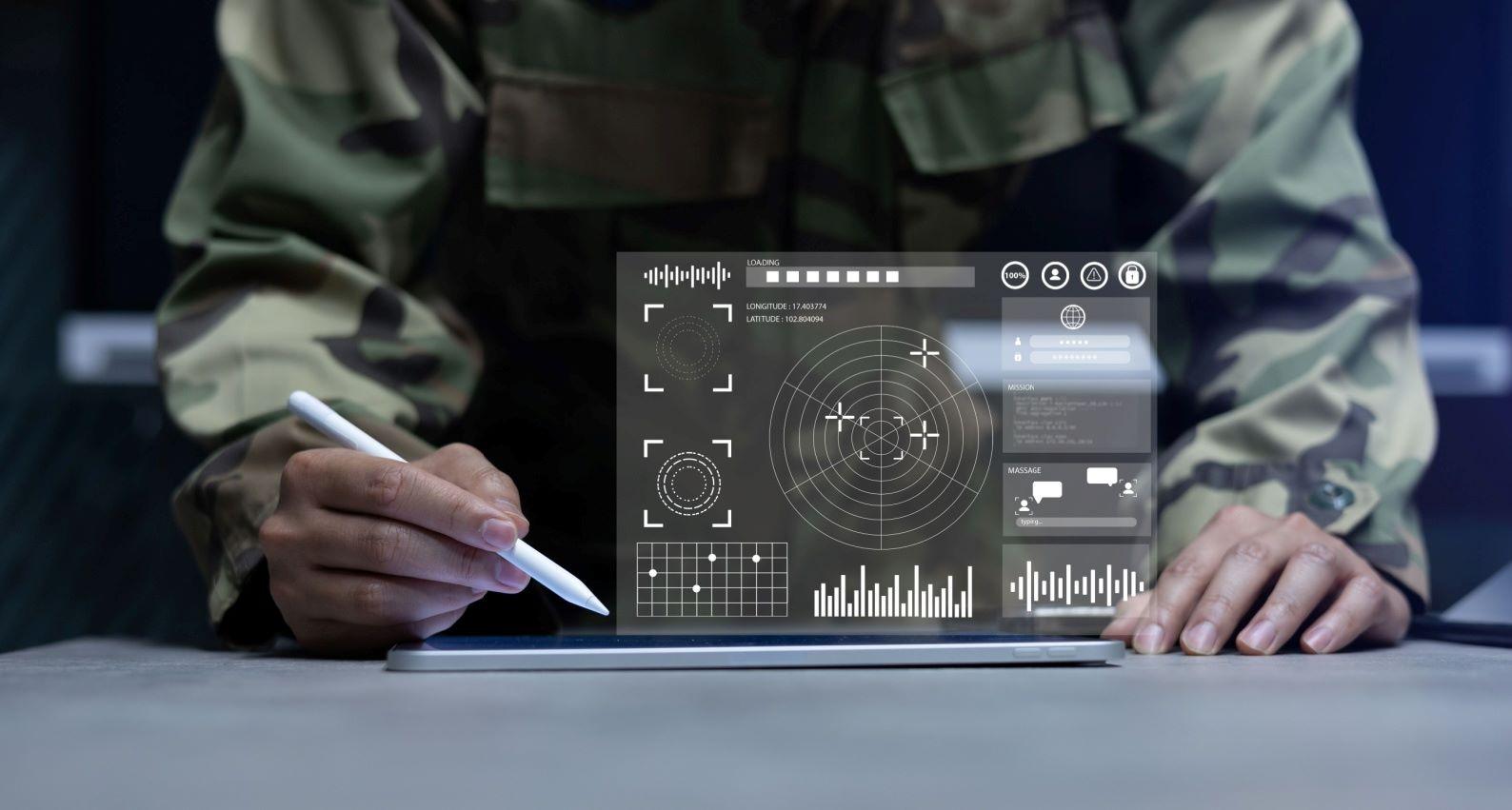Investment in Defense Tech: A Growing Sector in the US and Europe
Published on 12 Sep, 2024

The defense technology (defense tech) sector has emerged as a resilient and vital area of innovation, especially in 2024, despite an overall slowdown in venture capital (VC) dealmaking. This trend is significant in the United States and Europe, where defense startups are not only capturing attention from private investors but also receiving government support. Approximately $9.1 billion has been invested across 228 deals in the defense tech sector this year, highlighting its importance to national security and technological advancement.
Defense tech startups are driving innovation by exploring areas such as cybersecurity, aerospace, drone technology, and artificial intelligence (AI) for military applications. Despite broader VC market challenges, defense tech companies remain an attractive investment option due to the critical nature of their products and the significant support they receive from governments.
Strategic Importance of the Defense Sector
The defense tech sector stands out in 2024 for its ability to attract investment even during a period when other sectors, such as fintech or real estate, have struggled. A major contributing factor is the global security environment, which has prompted countries to enhance their military readiness and update defense infrastructures. Governments, particularly in the US and Europe, are increasingly relying on private-sector innovation to gain a technological edge in military capabilities.
In the US, initiatives such as the National Security Innovation Capital (NSIC) program and Defense Innovation Unit Experimental (DIUx) have been crucial in supporting early-stage startups in the defense space. These programs not only offer financial support but also provide startups access to defense contracts, enabling them to rapidly prototype and test their technologies.
Similarly, European governments are strengthening their collaboration with startups. Programs such as the European Defense Fund (EDF) promote innovation by providing funding to small and medium-sized enterprises (SMEs) that can contribute to European defense. Startups in fields such as aerospace, robotics, and cybersecurity are increasingly benefiting from these initiatives.
Key Trends in 2024
Several emerging trends are shaping the defense tech landscape, influencing where investments are being directed:
- Autonomous Systems and AI: Companies, including Shield AI in the US and QinetiQ in the UK, are developing AI-driven solutions such as drones and unmanned aerial vehicles (UAVs), which are revolutionizing battlefield tactics. AI in defense is not limited to drones; it is also being used in decision-making systems, cybersecurity, and operational logistics.
- Cybersecurity: With increased reliance on digital technologies, cybersecurity has become a top priority for national defense strategies. Startups such as Darktrace are playing a pivotal role in creating advanced defense mechanisms to protect critical military infrastructure from cyberattacks.
- Aerospace and Space Defense: Aerospace remains a key area of defense investment. Companies such as Rocket Lab in the US and Isar Aerospace in Germany are working on rocket systems for defense and commercial space missions, with governments recognizing the strategic importance of space in national security.
- Quantum Technology: Quantum computing and cryptography are emerging areas of interest in the defense tech sector. Startups such as Rigetti Computing in the US are exploring the military applications of quantum technologies, which have the potential to revolutionize secure communication and data processing in defense.
Investor Confidence and Government Support
Despite economic uncertainties, investor confidence in the defense tech sector remains strong. The $9.1 billion invested across 228 deals in 2024 highlights that this sector is not only stable but also growing. Investors are drawn to the strategic importance of defense technologies, which are less susceptible to market volatility compared with consumer tech or other commercial sectors.
Governments are playing a critical role in driving investment through supportive policies, grant programs, and procurement contracts. In the US, the Department of Defense’s (DoD) increased focus on private sector collaboration has encouraged VC firms to explore defense tech startups as a promising investment class. In Europe, initiatives such as NATO’s Defense Innovation Accelerator for the North Atlantic (DIANA) aim to foster transatlantic cooperation on defense innovation, creating opportunities for startups across NATO member states to scale up their solutions.
Aerodefense as a Key Focus
Aerospace and aerodefense remain central to military and civilian applications in the defense tech sector. Anduril Industries, a US-based defense technology company, exemplifies this trend. Anduril develops cutting-edge technologies for military use, including autonomous systems and defense solutions for air, land, and sea. The company has received over $1 billion in funding, reflecting the growing interest in integrating commercial technologies into military operations.
In Europe, companies such as Leonardo in Italy and BAE Systems in the UK are expanding their aerodefense capabilities, often collaborating with startups to integrate innovative technologies into traditional defense systems. Aerodefense startups are focusing on everything from next-generation fighter jets to unmanned aircraft that can operate autonomously in hostile environments.
The Road Ahead
The defense tech sector is on track for an upswing compared with other stagnating sectors. As geopolitical tensions continue to shape national security priorities, the defense tech sector will remain a crucial area of investment. The sector's ability to innovate in areas such as AI, cybersecurity, aerospace, and quantum technologies will determine its long-term growth and impact on global defense strategies.
Startups, supported by public and private investments, are leading the charge in developing next-generation defense solutions, positioning the US and Europe at the forefront of global defense innovation. As the world becomes more complex and security challenges grow, investment in the defense tech sector is likely to remain a priority for both investors and governments alike.
